Your Diet Affected By Bans
If you thought a product is safe because it was approved by the FDA, think again. There are many ingredients in the foods we consume that are banned in other countries around the world. Just think about it: a lot of the foods we eat in America, on a daily basis, have already been banned abroad. And we still see them in stores, although it was proven they are not safe for consumption. Jayson Calton, Ph.D.
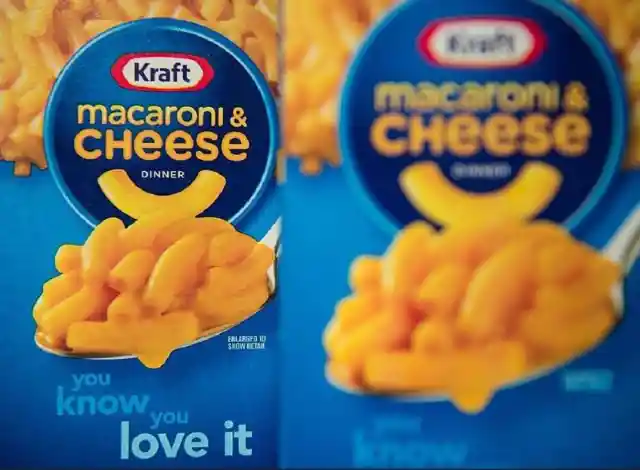
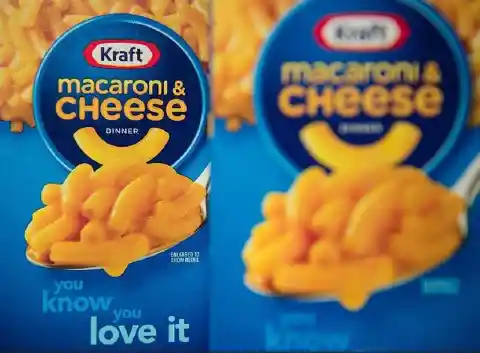
says there are 13 products forbidden by other governments outside US: “If you see any of the following ingredients listed on the nutrition label, don't buy the product." Here are some of the foods we still deem “safe” in America. If you suddenly move out of the US, and let’s say start living in Europe, you can say goodbye to products like Kraft Mac & Cheese. A lot more products are gone from the shelves, and you’ll wonder why. It’s all because of additives, artificial dyes and many other chemicals that are bad for our health.
You’ll find out that colored sweets like candy, soda, cereals, and even baked goods contain unsafe dyes that are made from petroleum. Yes, petroleum, the thing used to make gasoline and tar.
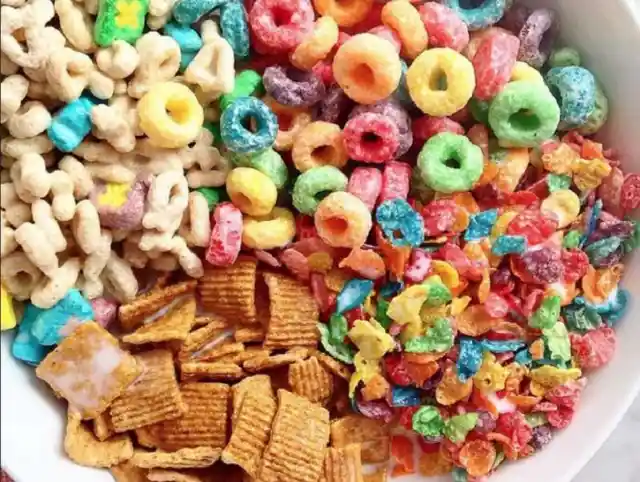
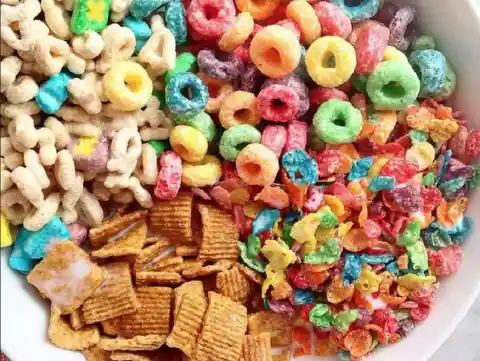
Of course it shouldn’t be used in food!
The Skittles in the U.S. contain artificial colors called yellow 5 and yellow 6 that are not safe and they are banned in Norway and Sweden.
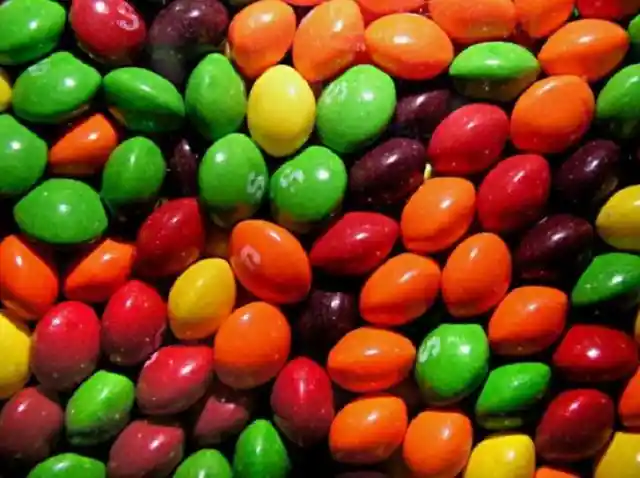
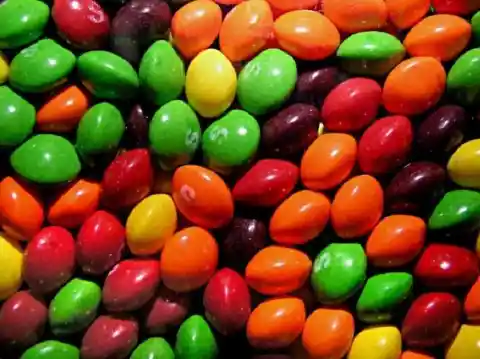
The Center for Science in the Public Interest (CSPI) explains these artificial colors cause allergic reactions and hyperactivity in children. European Union accepts Skittles, but this version uses natural colors that already are found in fruits and veggies.
Just like the European Skittles, M&Ms from Europe are colored with natural colors and in 2014 there was a petition to give the U.S. the same safe ingredients.
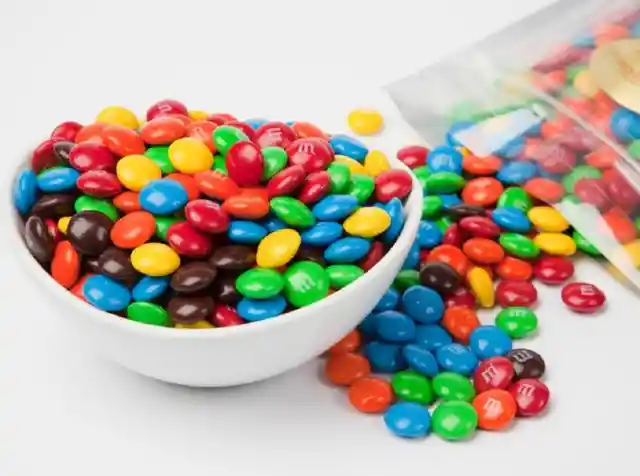
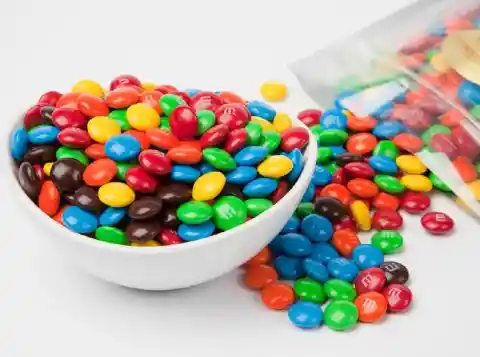
Although the company said they would phase out artificial colors, they’re still being used today in the U.S.
Do not buy farmed salmon. You think you’re getting all those omega-3 fatty acids, but all you are getting are fish raised with grains, antibiotics and several drugs that make their skin look gray.
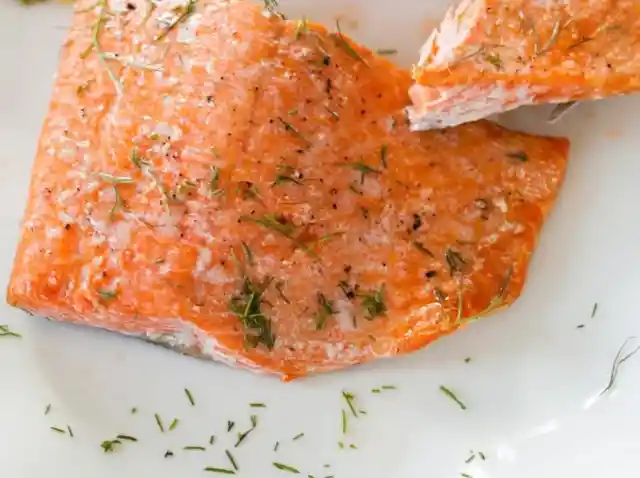
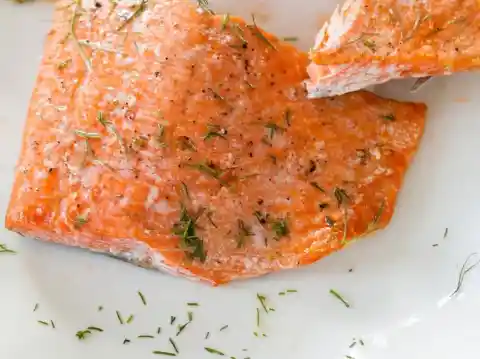
To fix the color issue, a synthetic called astaxanthin, which is made from petrochemicals.
Start getting terrified right about now. Sports drinks and citrus flavored soda juice contain this ingredient that is actually a toxic chemical.
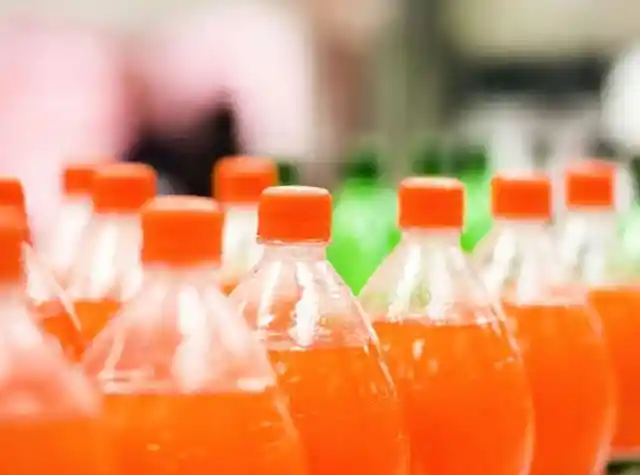
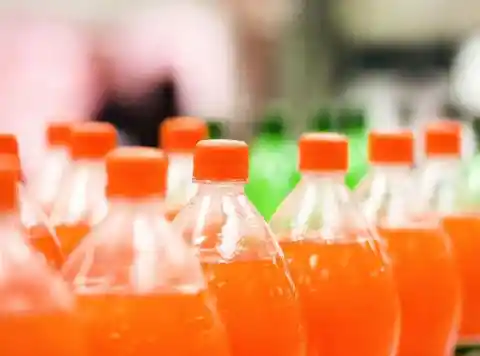
Brominated vegetable oil (BVO) is also corrosive to the body, and it was linked to birth defects, schizophrenia and organ system damage. What are the sodas that contain BVO?
Stay away from Mountain Dew, Diet Mountain Dew and Mountain Dew Code Red, which is still adding BVO.
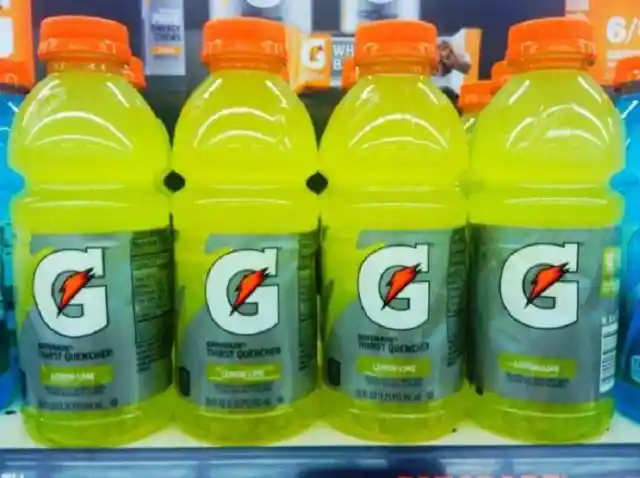
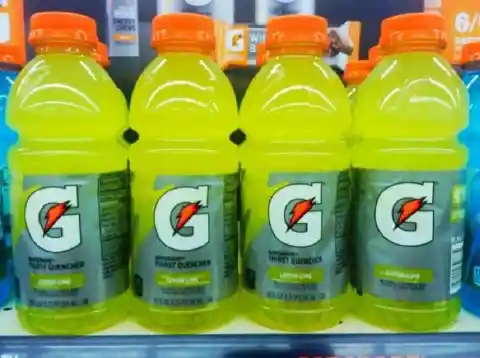
Back in 2012, a Change.org petition got Gatorade to stop using BVO, and then even major beverage brands like Coca-Cola and Pepsi phased BVO out.
Olestra is a cooking oil substitute that inhibits your body’s ability to absorb vitamins.
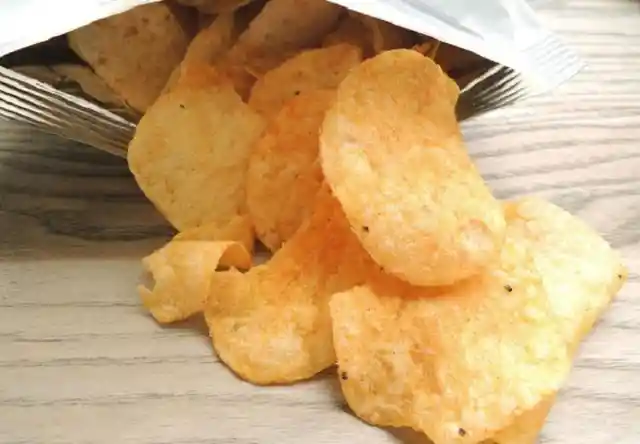
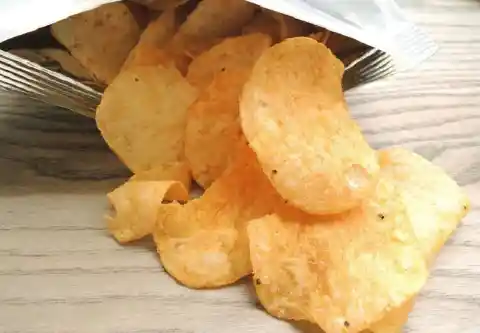
So, make sure you don’t buy fat-free potato chips and French fries that are fried in Olestra.
You’ll find ADC in various breads, frozen dinners, boxed pasta, and basically in many baked goods. The chemical bleaches flour, but it’s what causes asthma as well.
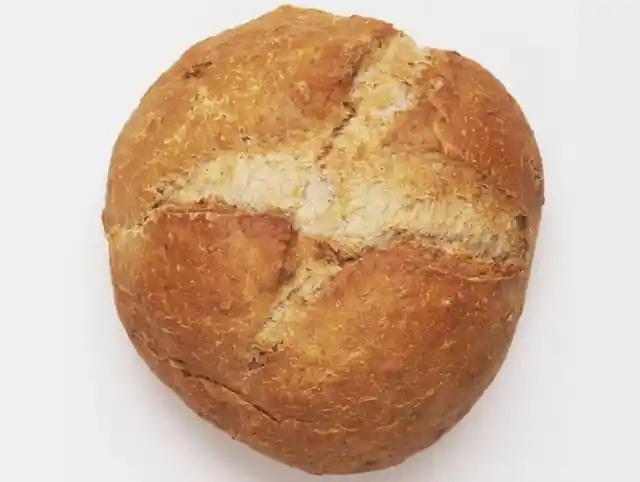
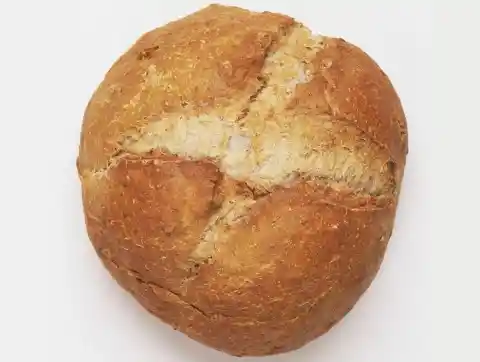
ADC is banned in Europe, Australia and Singapore, but in the U.S., the FDA regulates the amount of ADC used in backed goods.
Can you believe synthetic hormones are still legal in the US after we all learned how dangerous they are? Cows that receive these hormones suffer a lot, and humans are not immune to rBGH and rBST either.
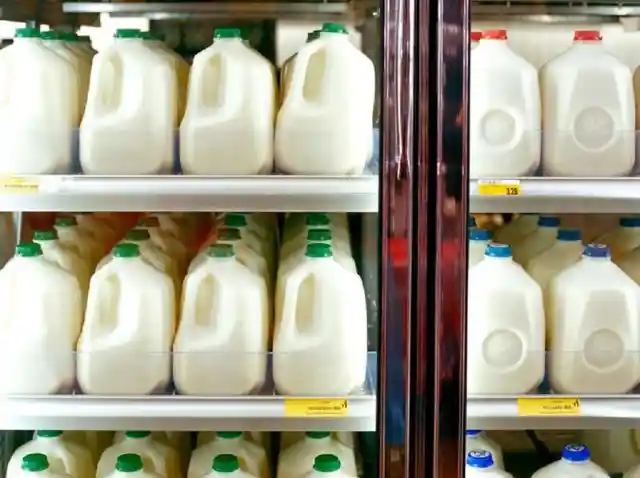
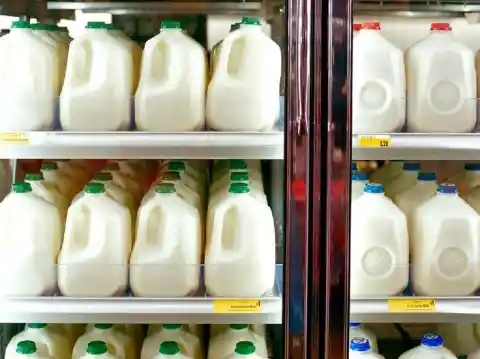
These hormones are passed on through milk and dairy products, and they are linked to diseases such as breast, colon, and prostate cancer.
The beef cattle in the U.S. receive hormones, and that’s why Europe has banned American beef, deeming it unsafe for human consumption.
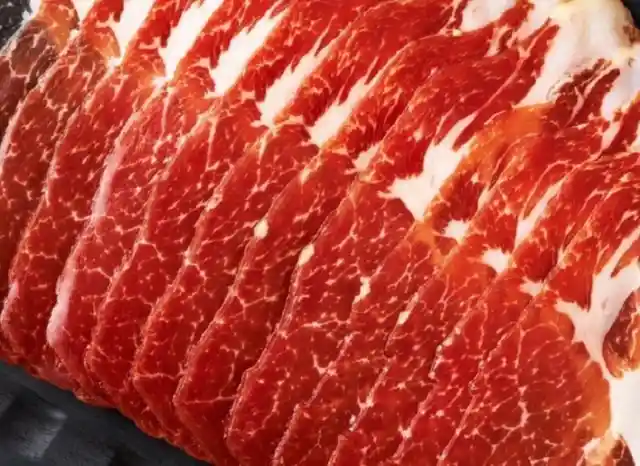
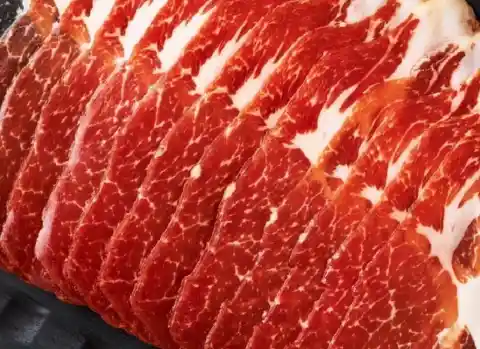
However, there are hormone-free beef in the U.S.
Coffee-Mate used trans-fats such as partially hydrogenated soybean oil or cottonseed oil. Although they were officially banned last summer in the US, they still show up in the food supply.
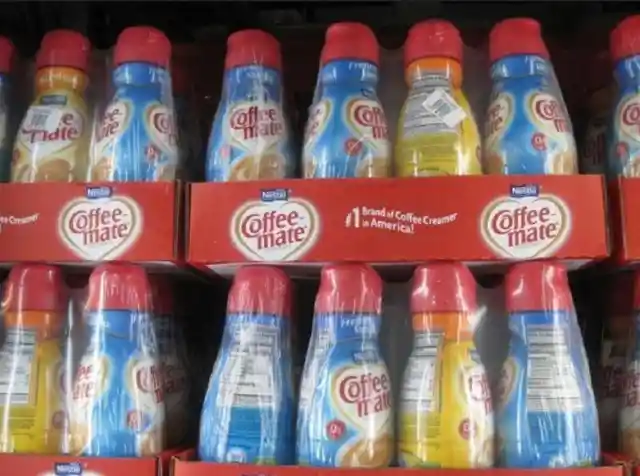
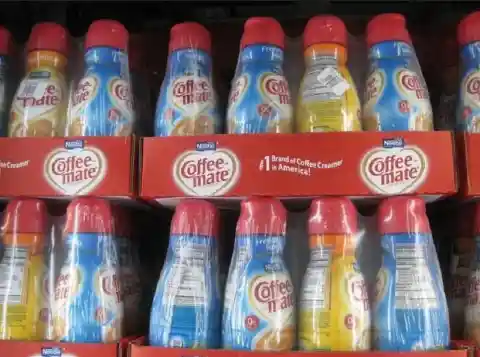
You won’t see these products in Switzerland, Austria, Hungary, Iceland, Norway, or Denmark.
US grocery stores will show you they have a special aisle with non-GMOs.
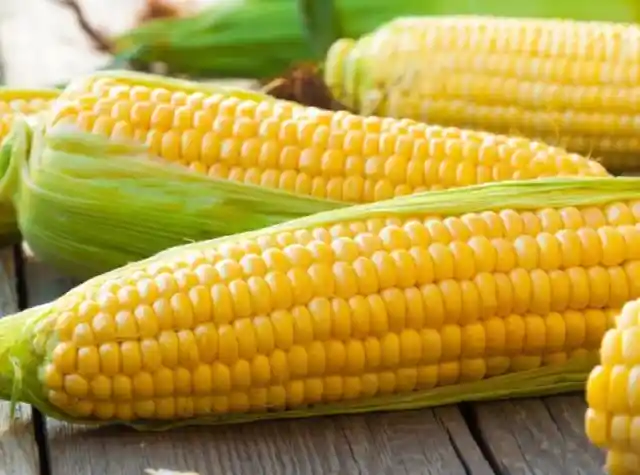
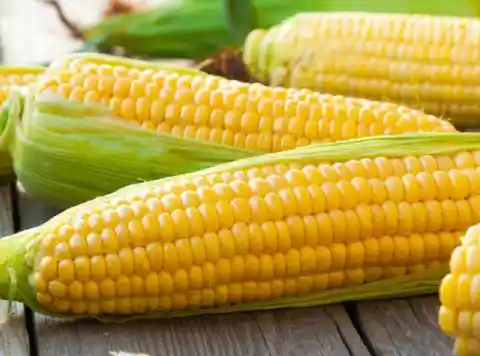
The European Union has banned GMO fruits and vegetables, so you won’t see them in the stores at all!
For instance, Hawaiian papaya was genetically modified to resist a virus, but research shows that animals fed with this resistant fruit causes many illnesses.
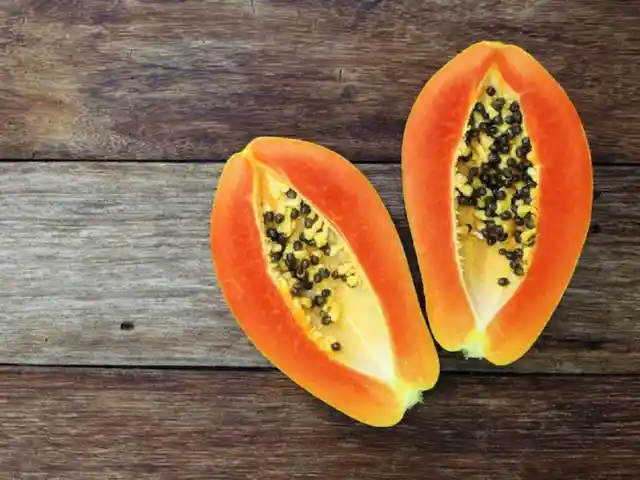
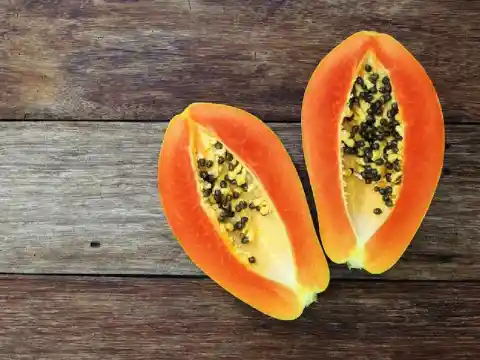
The European Union has banned genetically engineered papaya.
You’ll find BHA & BHT (Butylated Hydroxytoluene Butylated Hydroxyanisole) in foods like cereal, butter, mixed nuts and even meat.


These chemicals are used to keep the food from getting rancid, but research on rats shows that it causes cancer.
If you’re buying Honey Maid S’mores elsewhere from the U.S., you might think the taste is the same, but you know what U.S. has on top of other versions of this product?
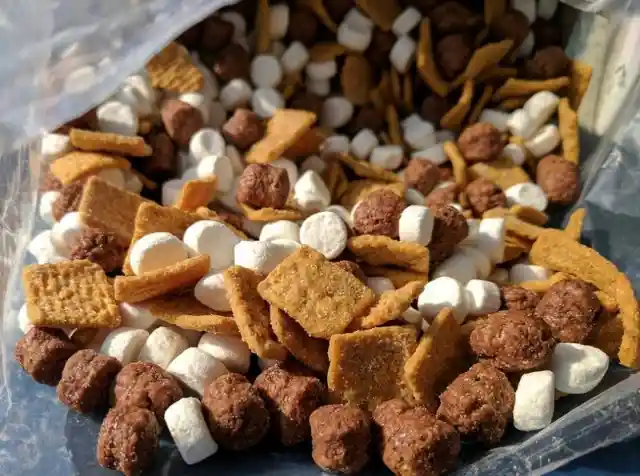

BHT! In the U.S., Honey Maid S’mores contain Butylated Hydroxytoluene, which is banned in the UK, Australia, New Zealand, Japan and a big part of Europe.
You’d better stay away from instant mashed potatoes that come with a side of Butylated Hydroxyanisole (BHA).
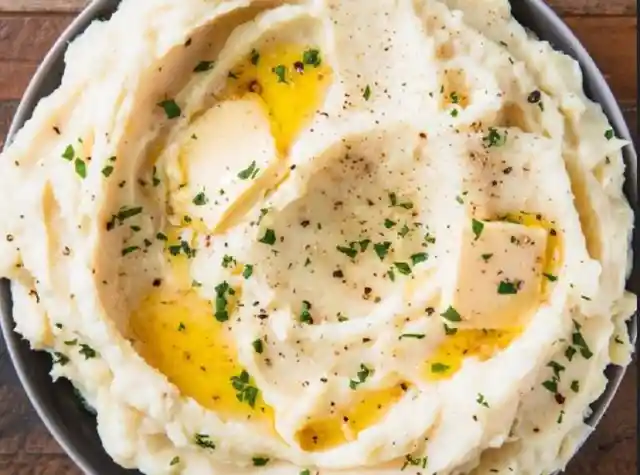

Spend a little more time and boil potatoes to have those yummy mashed potatoes, without BHA.
The meat at the local grocery store is injected with additives, preservatives, and even food coloring. One of the additives is ractopamine, which is given to pigs and cattle so that they can have faster growth.
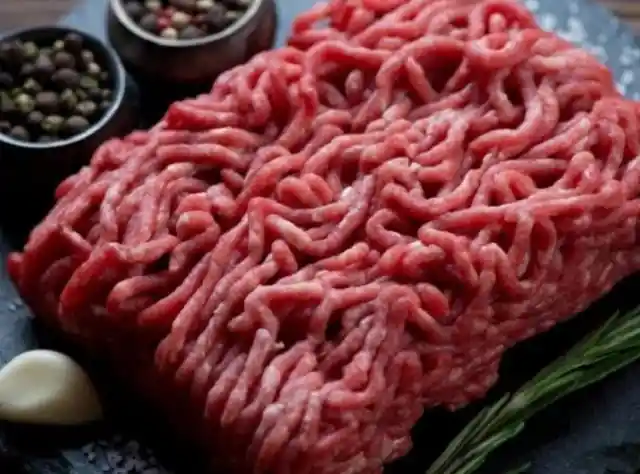
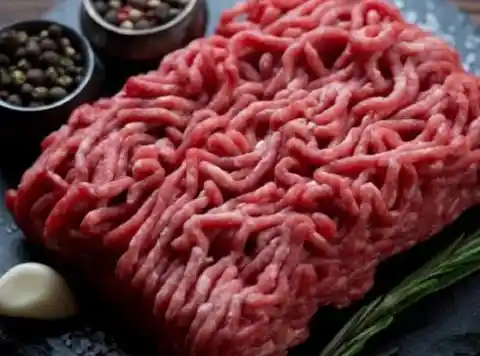
A study on monkey shows that a daily dose of ractopamine increases heart rate. Moreover, ractopamine was already known to cause many other illnesses in pigs.
If cattle or pig meat in grocery stores are not safe to buy in the US, then what about poultry? That’s a big nope. The human carcinogen is added in the chicken feed so that they grow faster.
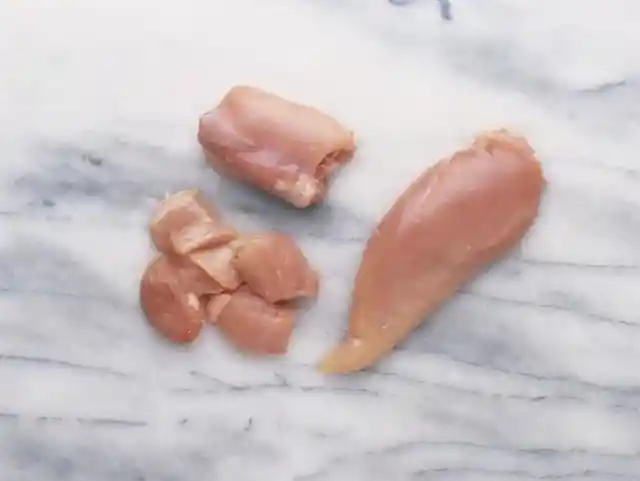
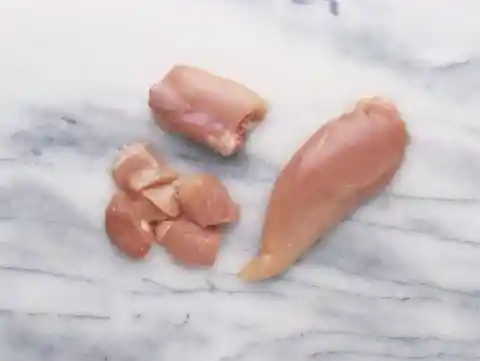
It also makes their flesh look pinker. Make sure the poultry you buy was not fed with arsenic tainted feed.
The carrageenan in the drumstick ice cream is derived from seaweed, but it affects the digestive system.


This is why the European Union banned its use in baby food.
Derived from the same chemical as brominated vegetable oil, Potassium bromate is used in wraps, rolls, flatbread, bagel chips, and breadcrumbs.


This chemical makes baking faster and easier, but it increases the risk of kidney illness, cancer and damages the nervous system.
The sheen you see on an apple actually seals in DPA, the chemical that keeps fruit fresh for longer. In one word, for humans, DPA is poison. When DPA breaks down in our body, it forms nitrosamines which are carcinogenic.
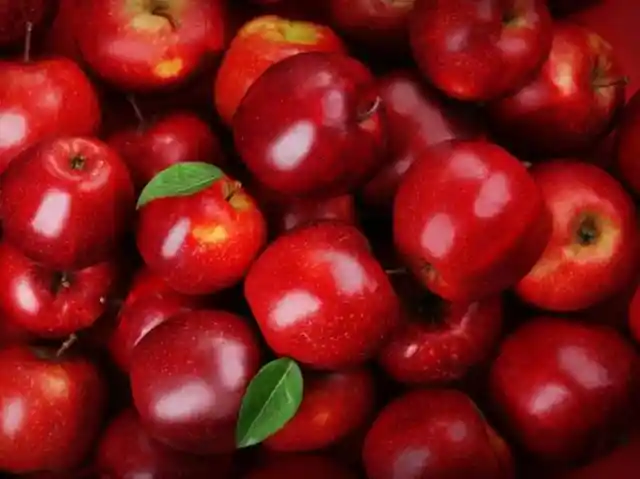
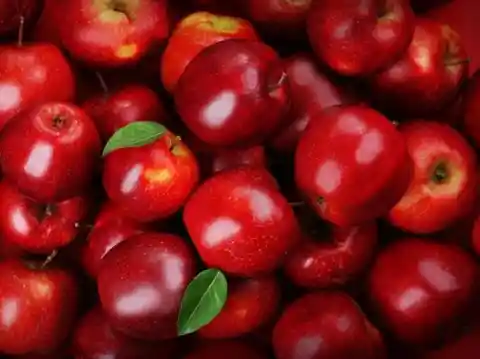
Unfortunately, DPA is found not just on apples, but also in apple juice, applesauce, pears, and even baby food. The European Food Safety Authority (EFSA) says no to DPA, and in the U.S., it has been used since 1962.
Did you know the chickens get a quick wash in a strong chlorine solution to remove harmful microorganisms?


While the practice is still used in the U.S., it’s banned in Europe.
Ingredients for breads, rolls, and buns and pre-made products contain that potassium bromate we mentioned earlier. The only place where this ingredient is banned in the U.S.


is in California. Outside, Europe, Canada, Brazil, South Korea, Nigeria, and Peru have already banned potassium bromate.
We’ve said it before: there are no beef products accepted for export from the U.S. because of the hormones used to raise cattle.
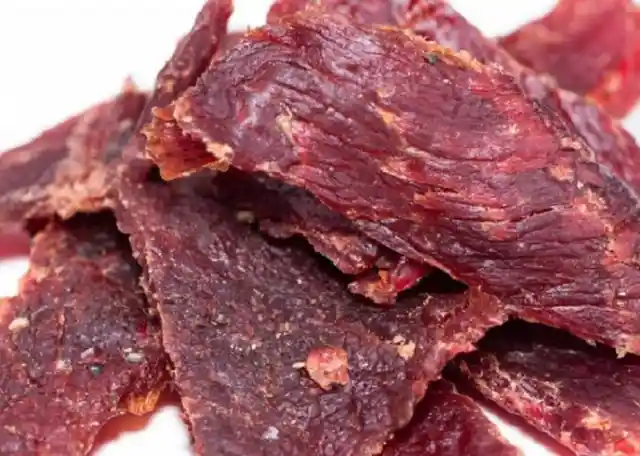
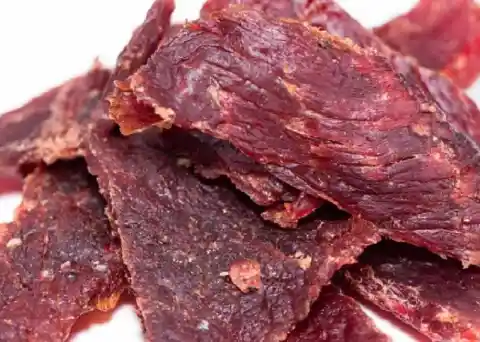
Not even beef jerky. Try looking for an organic seal on the beef you buy, or just stop eating it.